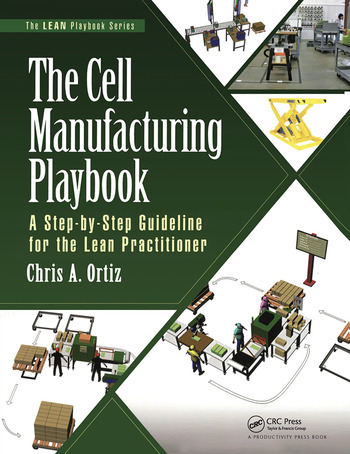We live in a society driven by technology. People in such a society need to understand technology and how it affects their everyday lives. At a very basic level, Bill Hammack, associate professor of engineering at the University of Illinois (Urbana-Champaign) says, "You want voters that make informed decisions on technical issues." It's equally-if not more-important for our future policy makers to be technologically literate.
On the job and national security front Bob Gardner, associate editor of Prism (American Society for Engineering Education, Washington), points out that much of the engineering work at defense and aerospace companies requires security clearances that only U.S. citizens can obtain. Therefore, those companies are vitally interested in getting more U.S. citizens into engineering. But, not only is enrollment in engineering declining, 17 percent of students at public 4-year colleges currently take remedial math courses before beginning work on their degrees. So, one might ask, how well are students in the United States being prepared for taking their places in a society driven by technology?
In their new book The Division of Labor: How Computers are Creating the Next Job Market, Frank Levy and Richard J. Murnane say there will be loads of high-paying jobs for people who can think expertly and solve problems, for those adept at complex communications, and who can explain and interpret information. These skills can be taught but, one might ask, how well are they being taught?
Two voluminous reports from unrelated international studies were just released and they cast light on both questions. The Program for International Student Assessment (PISA) showed that U.S. 15 year-olds rank near the bottom of industrialized countries in math skills, tied with Latvia for 27th place among 40 countries. The study also looked at problem-solving skills, where U.S. students ranked 29th among the 40 countries.
Slightly better news came in the report from the Trends in International Mathematics and Science Study (TIMSS). Although U.S. 4th and 8th grade students are still outperformed by their counterparts in East Asia, their performance has improved markedly since the previous TIMSS, conducted in 1995. The National Council of Teachers of Mathematics (Reston, VA) says that the TIMSS results are evidence that the United States is moving in the right direction in teaching math.
You can review these reports in detail at www.oecd.org (PISA) and http://isc.bc.edu/timss2003.html (TIMSS). Although the results from the 15 year-old group are cause for concern, the results from the 4th- and 8th-grade groups are encouraging. We need to keep the pressure on public officials at all levels to ensure that we accelerate this progress, lest math deficiency turn out to be a time bomb for the U.S. economy.



